Five Things You Can Do For Peace
We know these are dark days, with too many people turning to violence. In the United States, many are feeling scared after the assassination attempt on former U.S. President Donald…
In our often divided world, one place where all of humankind is invited to come together to work for the common good is the United Nations. Despite its limitations, the UN system is our most effective tool for uniting with others in order to create and implement policies that secure a life of dignity for all of God’s children.
Article 71 of the Charter of the United Nations reads: “The Economic and Social Council [ECOSOC] may make suitable arrangements for consultation with non-governmental organizations which are concerned with matters within its competence.”
Based on this article, two of the Maryknoll branches (the Maryknoll Sisters and the Maryknoll Fathers and Brothers) have Consultative Status with ECOSOC, and the Maryknoll Office for Global Concerns carries out the work of implementing this status. Our work with the UN aims to influence its agenda and is done by:
Maryknoll missioners serve as NGO representatives to the United Nations in New York where they bring the Maryknoll mission experience to important conversations with policymakers and civil society members from around the world.
The UN member states adopted the 17 Sustainable Development Goals in 2015, as part of the 2030 Agenda for Sustainable Development which set out a 15-year plan to achieve the goals. The SDGs focus global efforts on lifting people out of extreme poverty, while also addressing the challenges of ensuring more equitable development and environmental sustainability, especially the key goal of curbing the dangers of human-induced climate change. Today, progress is being made in many places, but, overall, action to meet the goals is not yet advancing at the speed or scale required. At the core of the 2020-2030 decade is the need for action to tackle growing poverty, empower women and girls, and address the climate emergency.
Maryknoll representatives to the UN work to promote peace, social justice and the integrity of creation by organizing their UN participation around the following topics:

We know these are dark days, with too many people turning to violence. In the United States, many are feeling scared after the assassination attempt on former U.S. President Donald…
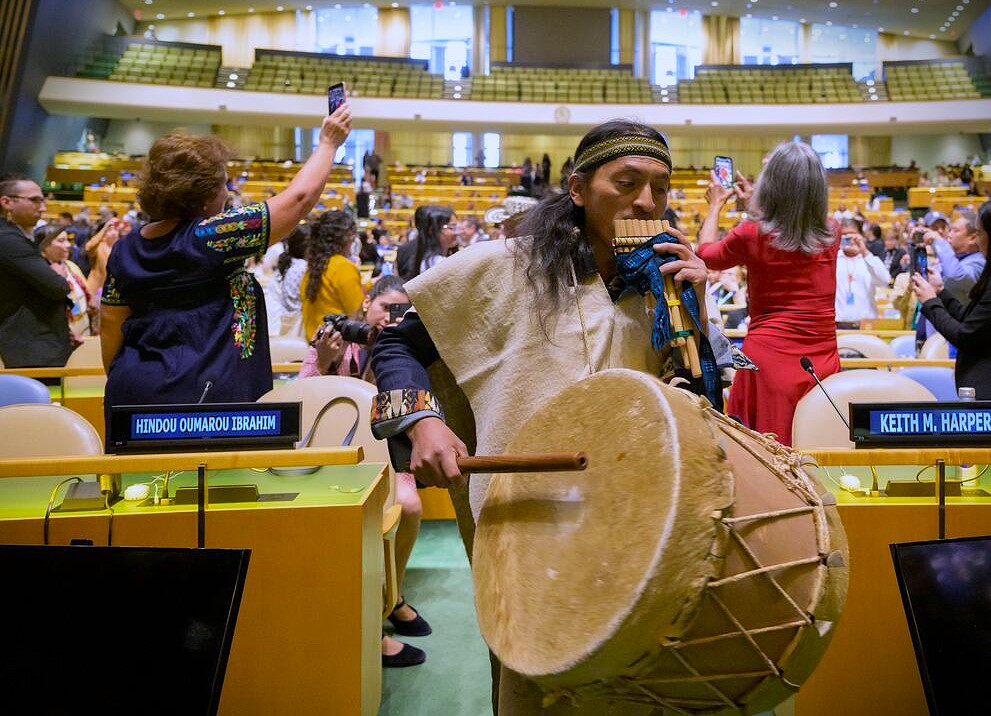
Maryknoll missioners joined Indigenous people at the UN calling for greater attention to their self-determination, needs of Indigenous youth, and financing opportunities.
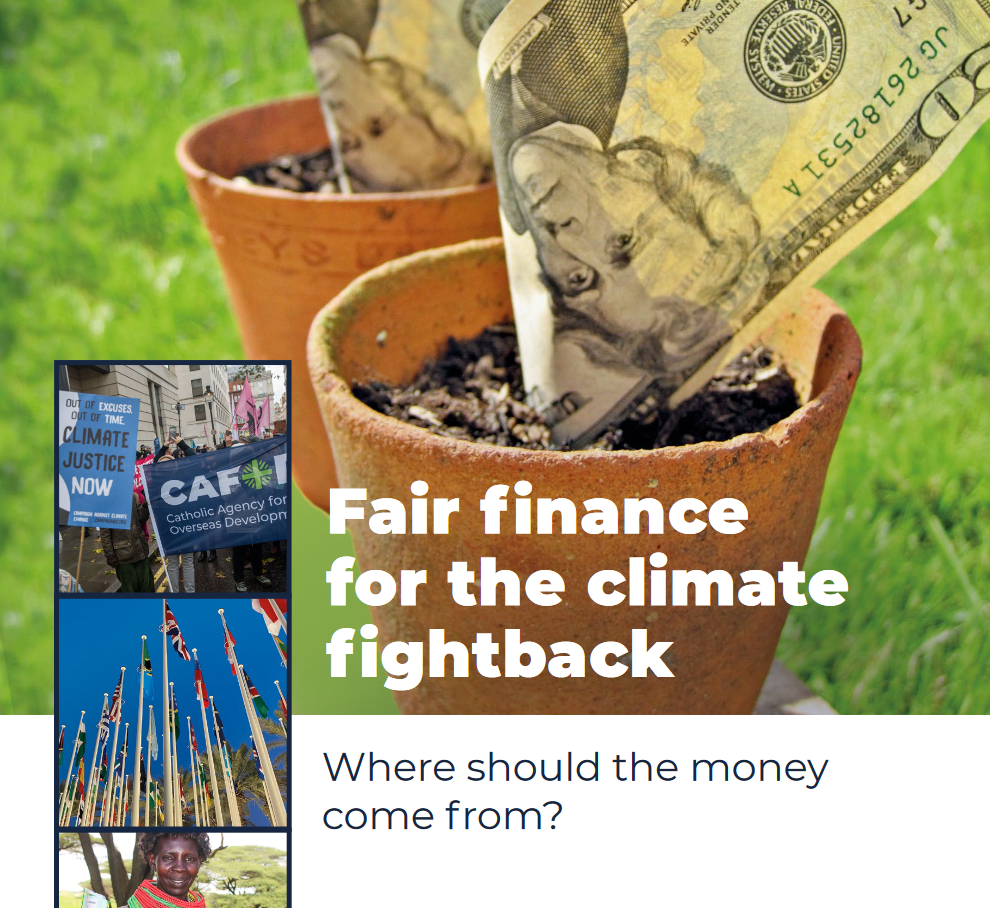
The preparatory conference for COP 29, held in Bonn, Germany, stalled over questions of financing.
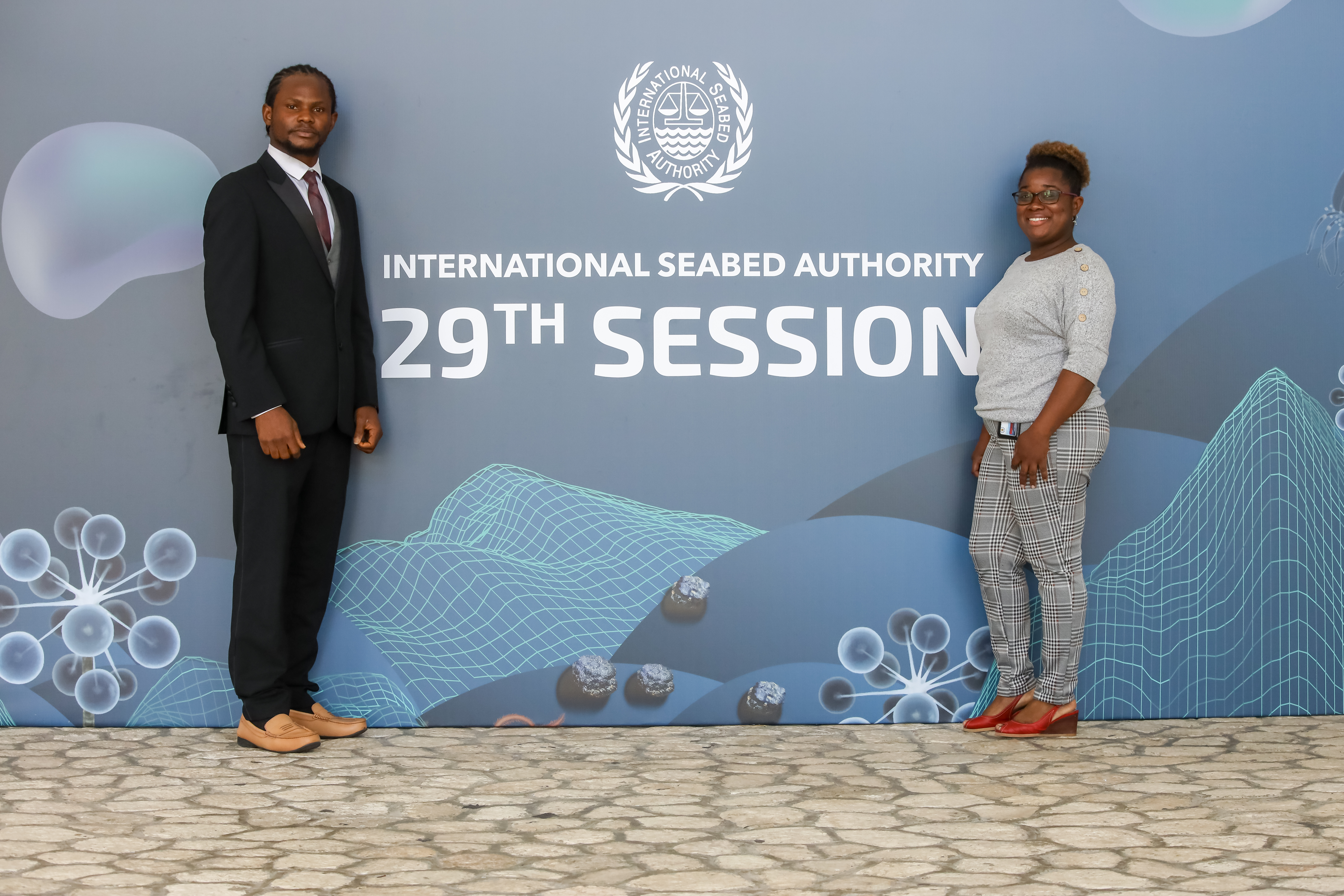
UN authorities and environmental experts struggle to confront the threats posed by underwater mining.

Write to Congress in defense of refugees worldwide.
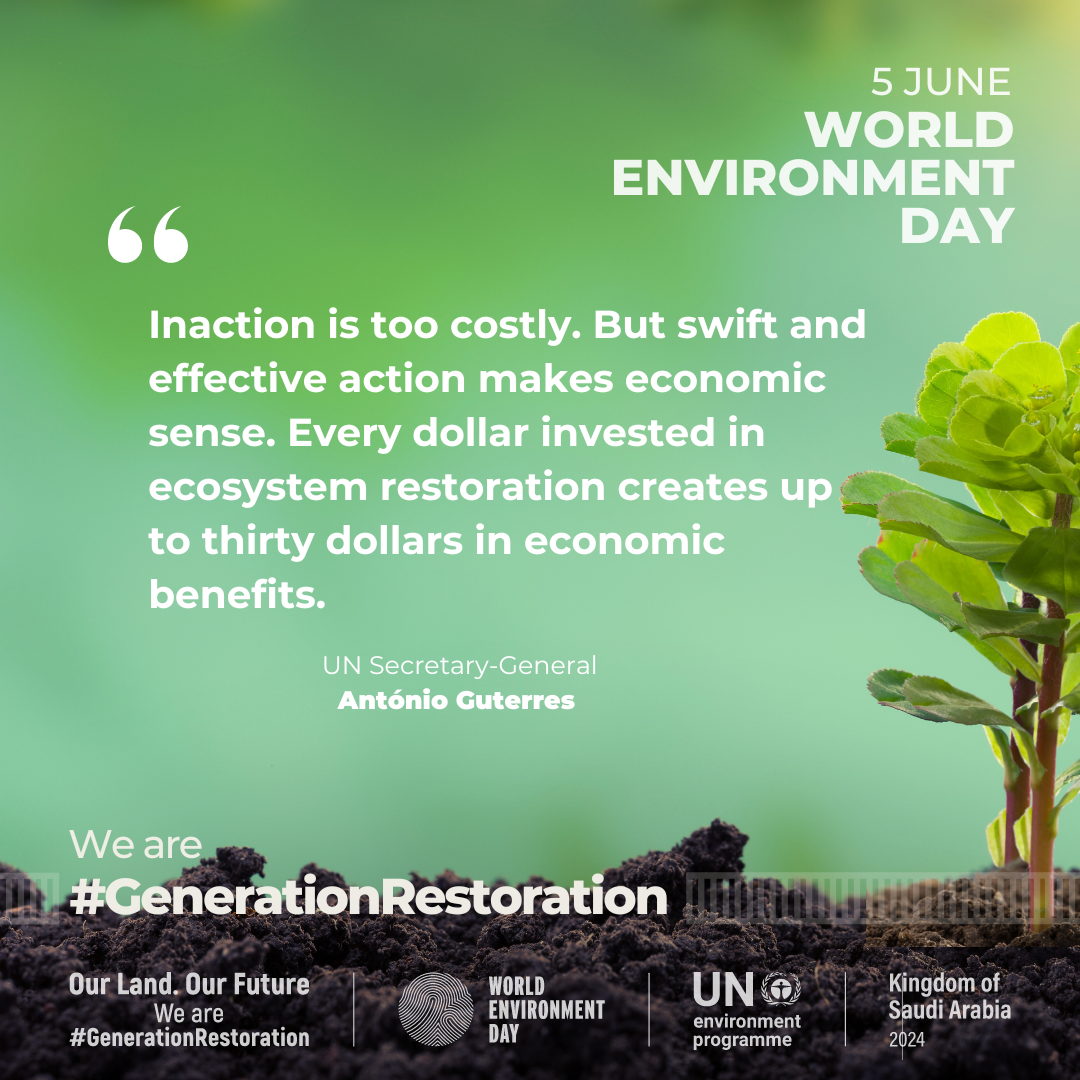
Happy World Environment Day! Learn more about how to faithfully respond to the call to restore Earth’s ecosystems by joining the Catholic Climate Covenant tomorrow, June 6 at 1pm ET for a webinar titled…

Side Event for the 2024 United Nations Framework Convention on Climate Change in Bonn
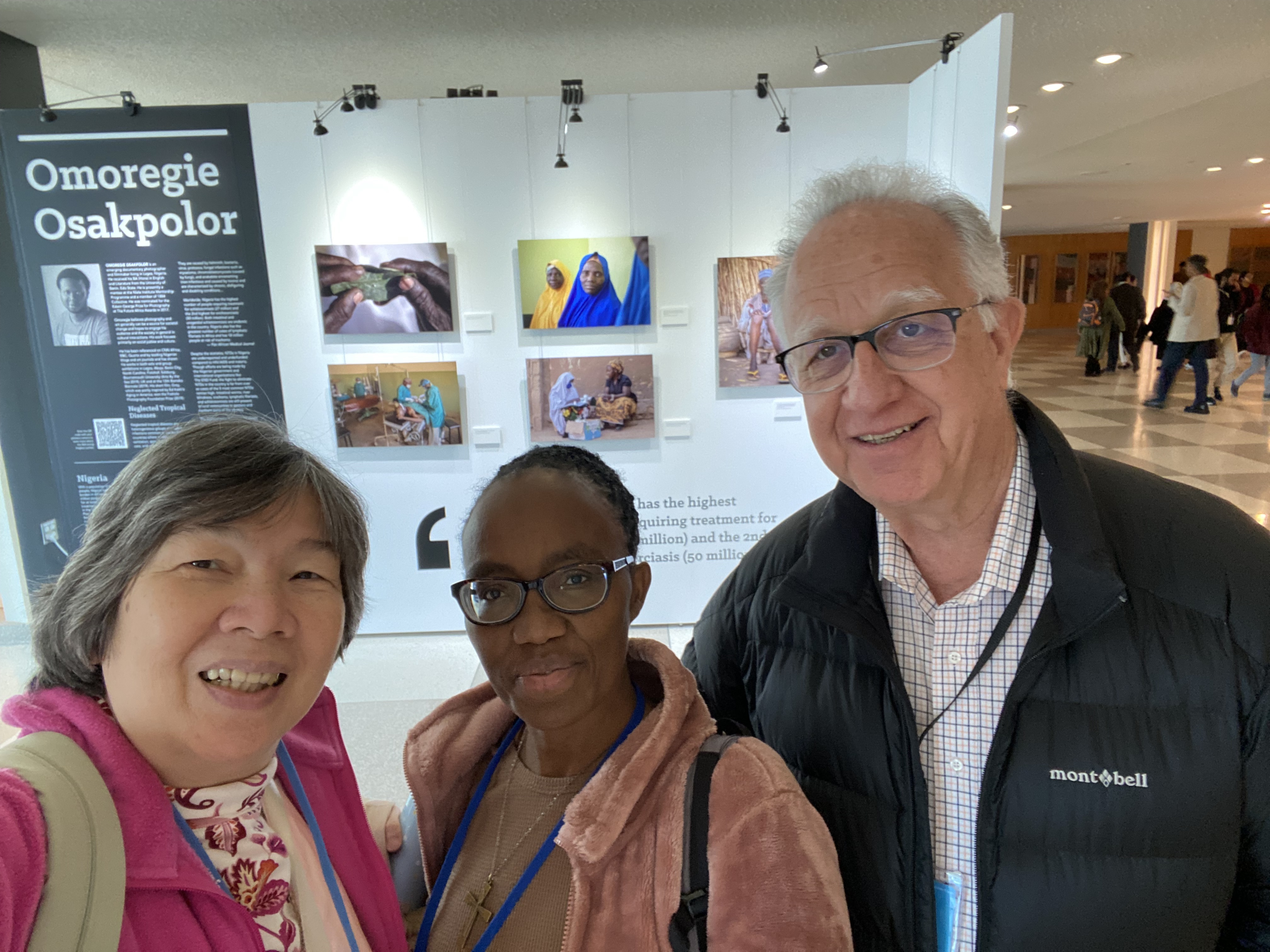
Representatives of the Maryknoll family who attended the session share their takeaways.
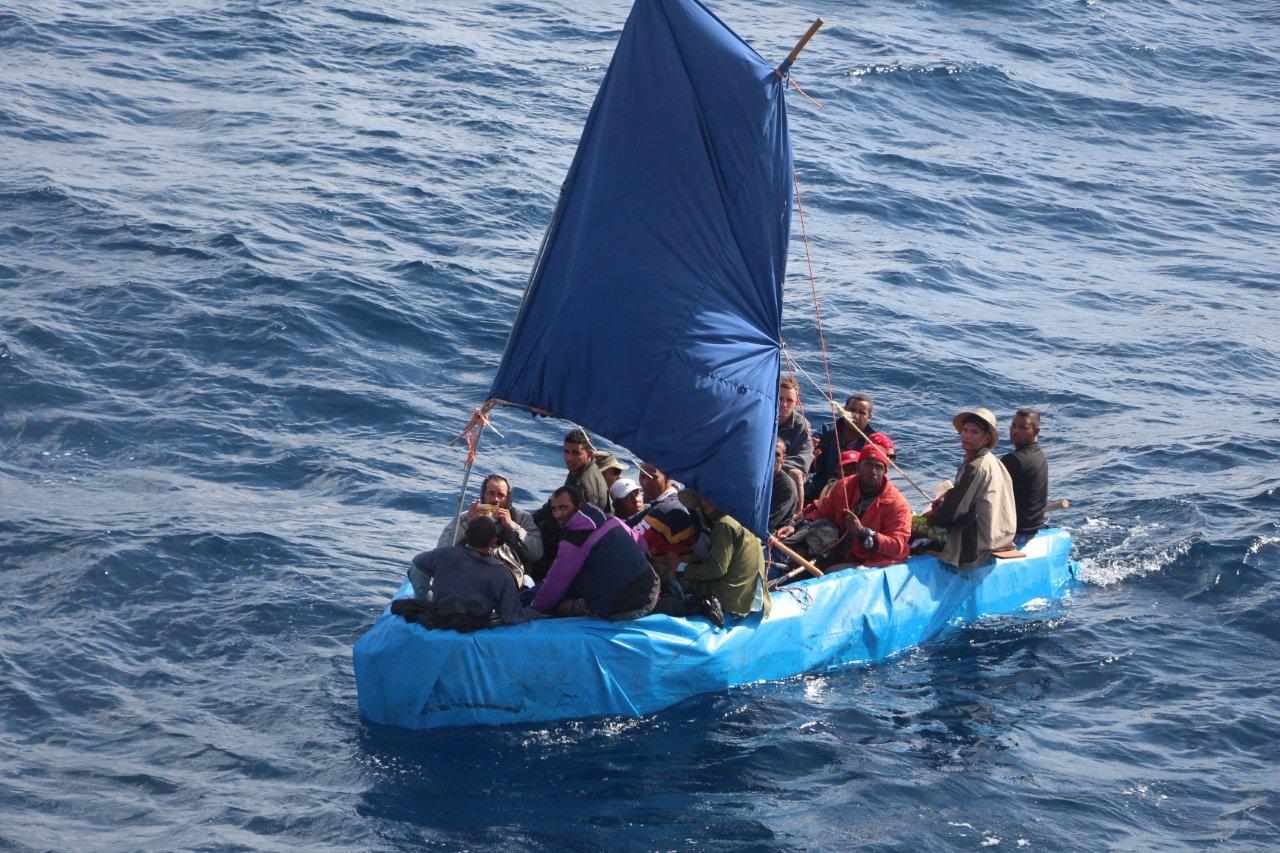
Ahead of World Refugee Day on June 20, UN agencies and NGOs note a rise in the number of refugees around the globe are on the rise and further forces of destabilization that put people more at risk.
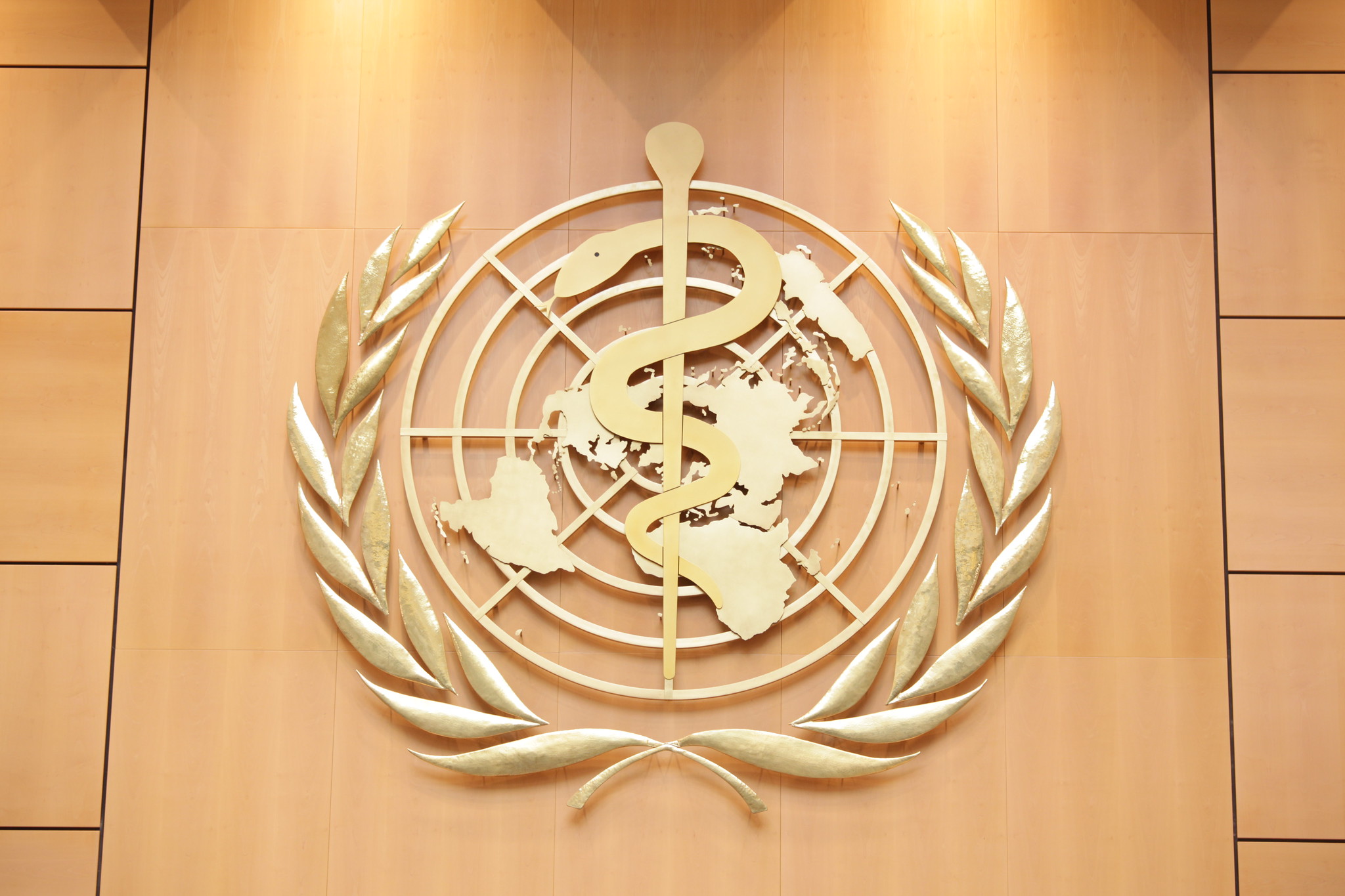
Maryknoll Office for Global Concerns joined over 100 religious leaders and faith-based organizations globally in calling on leaders of the World Health Organization to secure equity commitments to protect all populations everywhere from future pandemics.

Maryknoll Sister Margaret Lacson reports some observations on the UN annual meetings to foster social development and justice.
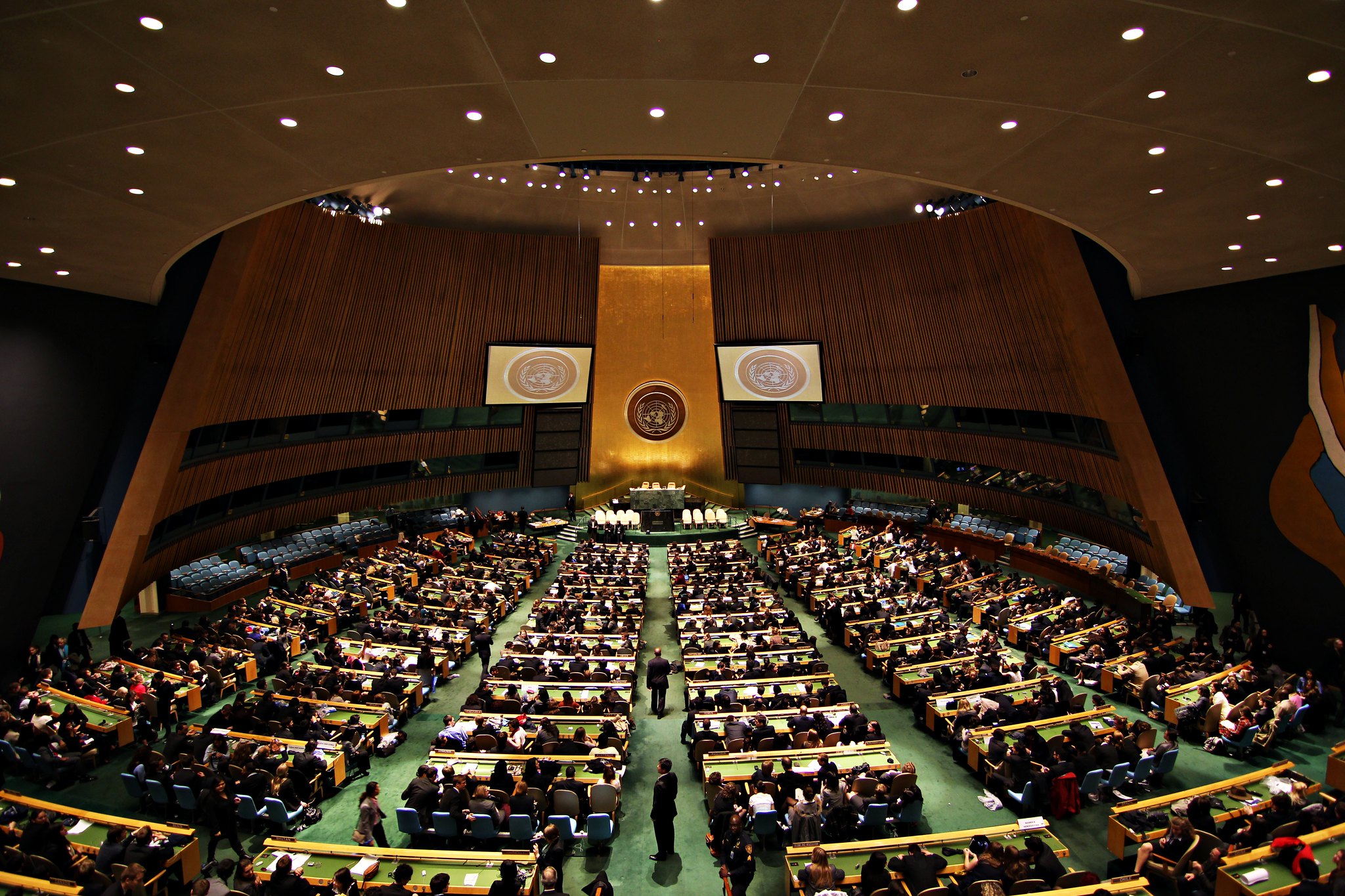
There is a global movement to build a just and sustainable economy that prioritizes people and planet over profit.
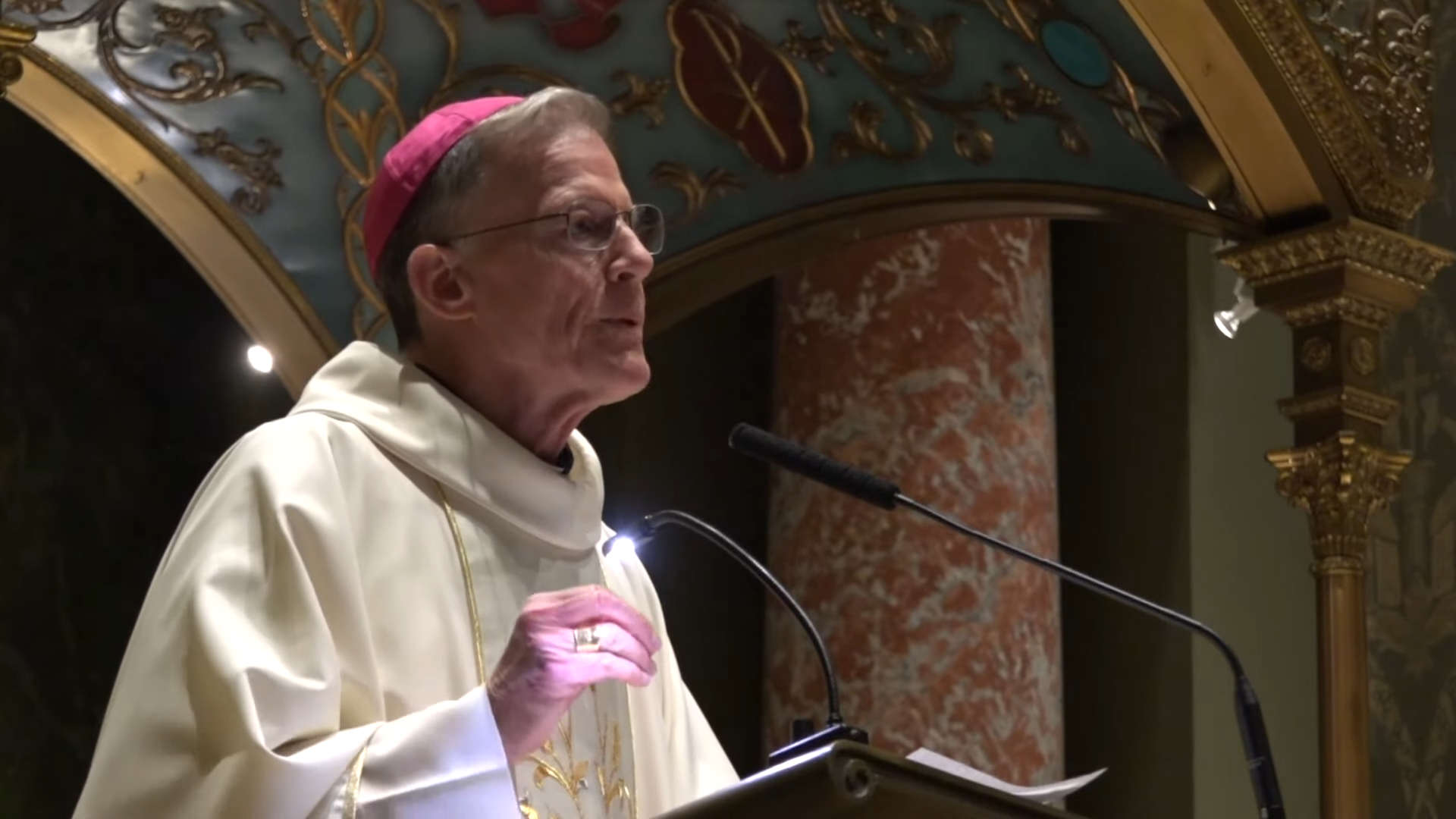
Archbishop John Wester amplified the call for nuclear disarmament in a sermon delivered on Nuclear Ban Week at Our Savior Church, New York City.
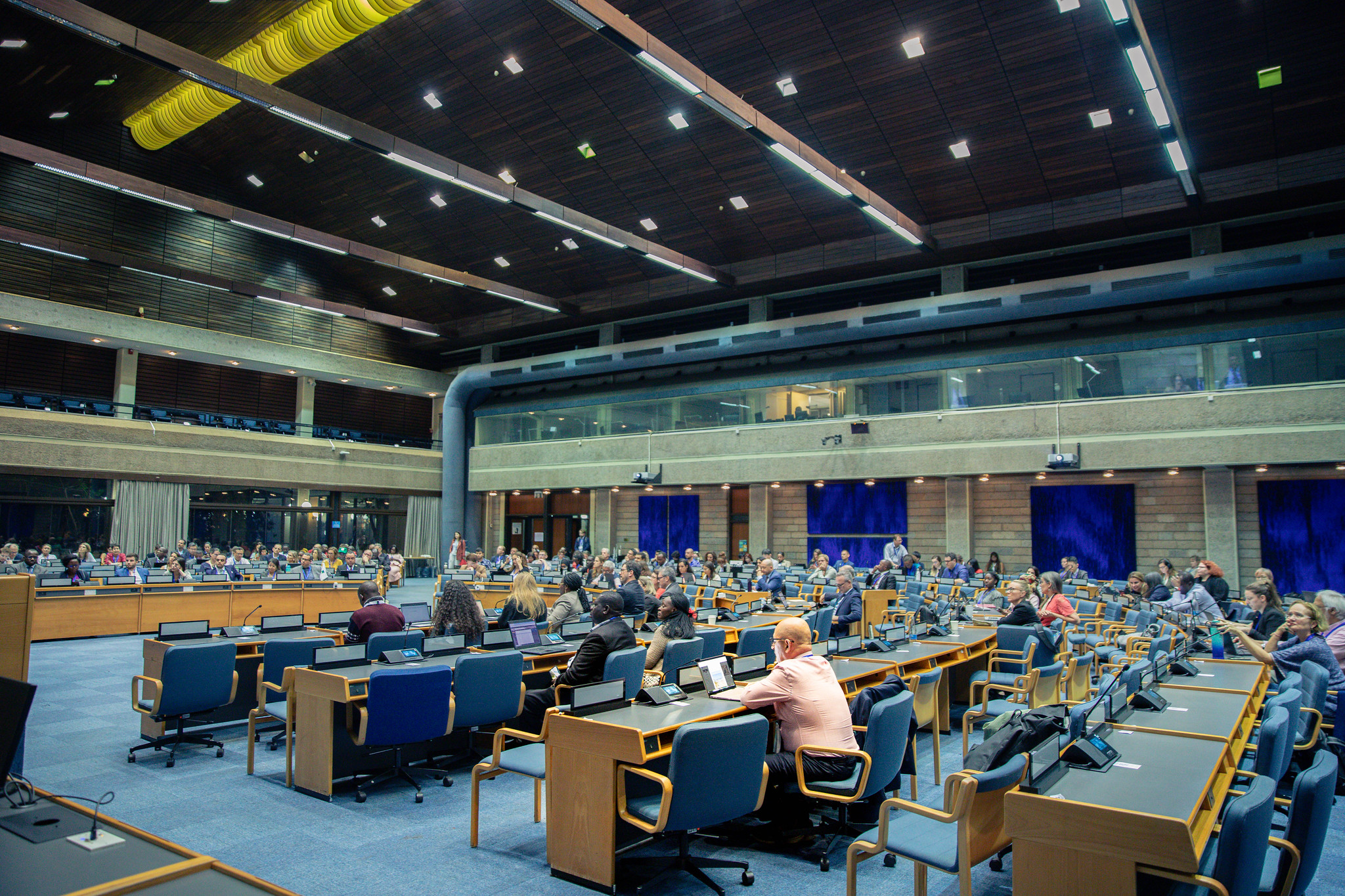
A UN conference aimed at creating an International Legally Binding Instrument for plastic waste reduction was hampered by divergent views on how to reach the destination.
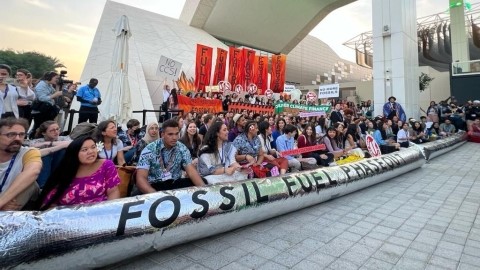
Nearly every nation in the world has agreed to transition away from fossil fuels, the main driver of climate change.
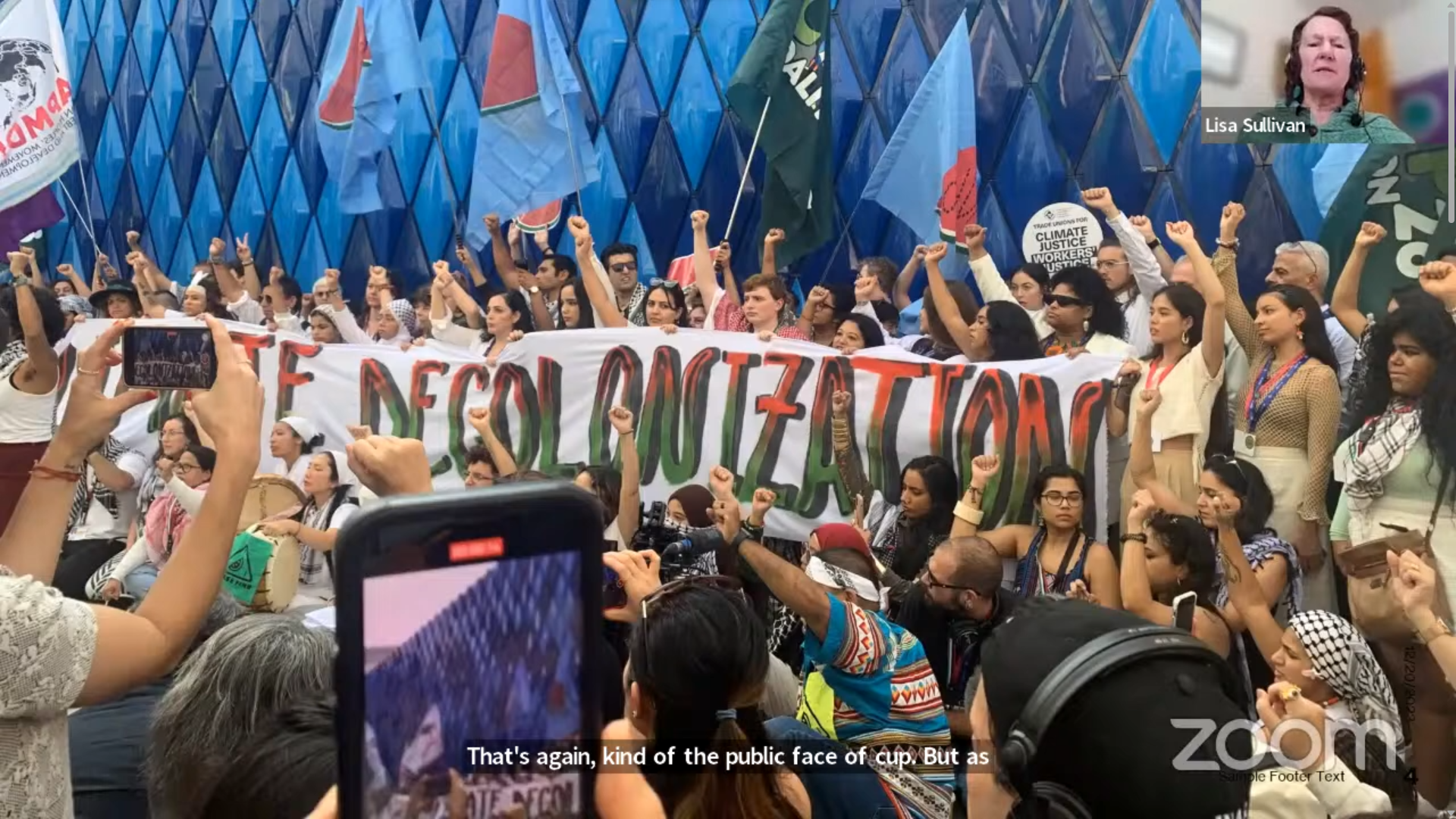
A first-hand account of what happened at COP28 and what comes next, from three representatives of Catholic organizations who were in Dubai for the UN Climate Conference.
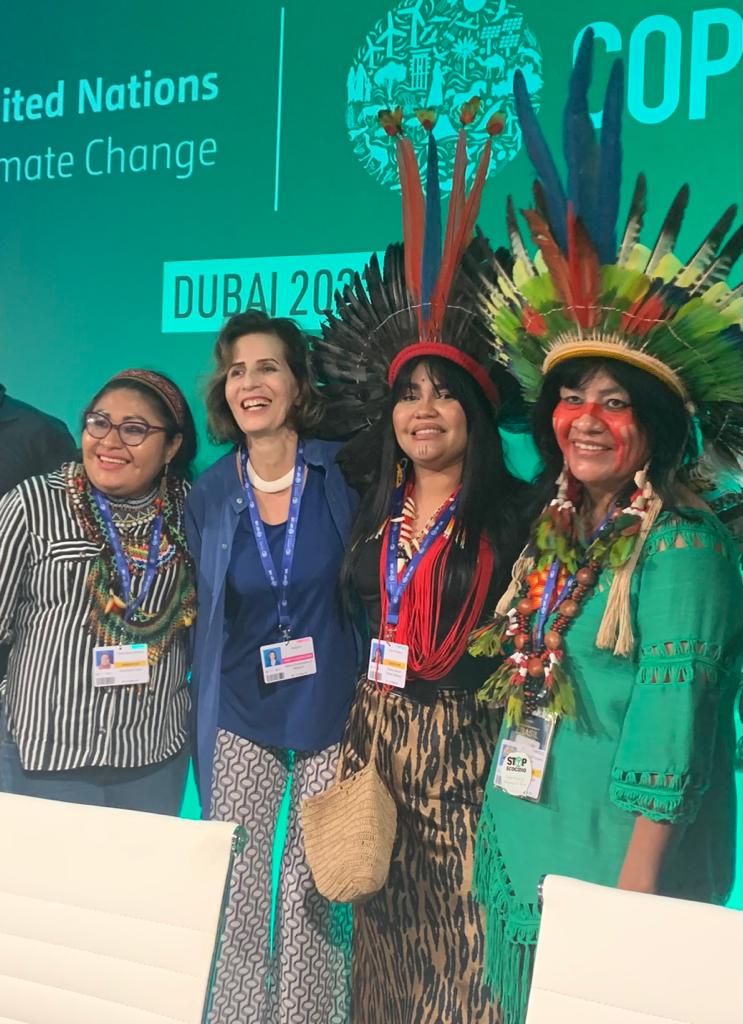
The following is a message from Lisa Sullivan, reporting from Dubai at the midpoint of the UN Climate Change Conference, COP 28.
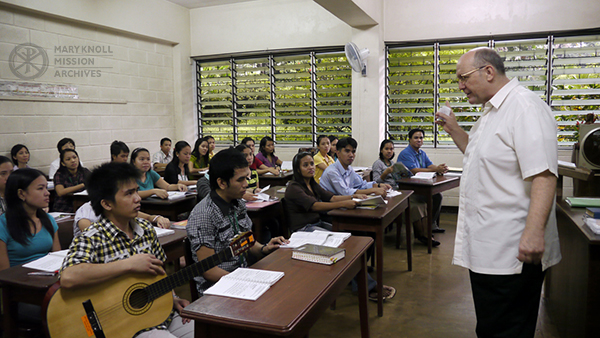
James H. Kroeger, MM, shares an exposition of Pope Francis’ latest apostolic exhortation Laudate Deum, originally written for the World Mission magazine in Manila (Comboni Missionaries) 2023.